
How To Get Rid Of Phlegm and Mucus In Chest and Throat
Phlegm and mucus are naturally produced by our bodies to protect the respiratory system. They trap and remove foreign particles, such as dust, bacteria, and viruses, preventing them from reaching the lungs. However, when too much mucus is produced, or it becomes thick and sticky, it can cause discomfort, leading to coughing, sore throat, and difficulty breathing. This situation may be a sign of an underlying condition such as allergies, respiratory infections, or chronic bronchitis. If you're struggling with excess mucus in your chest and throat, it’s essential to take proactive measures to relieve it and promote recovery.
Understanding the Causes
Mucus accumulation occurs due to various reasons. Viral infections like the common cold and flu are the most common culprits. These illnesses trigger the production of thick mucus in the throat and chest. Allergies can also cause excessive mucus as the body reacts to allergens such as pollen, dust, and animal dander. Additionally, conditions like asthma, smoking, sinusitis, or even reflux disease can lead to an increase in mucus production.
Natural Ways to Get Rid of Phlegm and Mucus
-
Stay Hydrated
One of the simplest and most effective ways to thin mucus and make it easier to expel is by staying hydrated. Drinking plenty of fluids such as water, herbal teas, or broths helps keep the mucus from becoming thick and sticky. It also makes it easier to cough up and clear out of the airways. -
Use Steam Inhalation
Steam can help loosen mucus in the chest and throat. Inhaling steam can open up nasal passages and reduce the congestion caused by excess mucus. To do this, you can fill a bowl with hot water and lean over it with a towel draped over your head to trap the steam. You can also take a hot shower to create steam in a closed bathroom. -
Saltwater Gargle
Gargling with warm salt water is an old remedy for soothing a sore throat and clearing mucus from the throat. The salt helps reduce inflammation and can also break down mucus, making it easier to expel. Add half a teaspoon of salt to a glass of warm water and gargle several times a day. -
Honey and Ginger
Honey is known for its antimicrobial and soothing properties, while ginger has natural anti-inflammatory effects. Drinking a warm cup of tea made with honey and ginger can help clear mucus from the throat and reduce inflammation. This combination also provides a natural way to soothe a sore throat caused by excess mucus. -
Avoid Irritants
Irritants such as cigarette smoke, air pollution, and strong chemicals can worsen mucus production and make it harder to clear. If you smoke, quitting is the best step you can take to reduce excess mucus. Avoiding allergens and irritants can help prevent further mucus buildup in the chest and throat. -
Use a Humidifier
Dry air can cause mucus to become thicker and more difficult to clear. Using a humidifier in your home, especially while you sleep, can add moisture to the air and help keep the mucus from becoming too sticky. This helps loosen the mucus, making it easier to expel. -
Over-the-Counter Medications
If natural remedies do not provide sufficient relief, over-the-counter (OTC) medications such as expectorants and decongestants may help. Expectorants, such as guaifenesin, work by thinning the mucus, allowing it to be cleared more easily from the airways. Decongestants help reduce swelling in the nasal passages and relieve congestion.
When to See a Doctor
While the above remedies are effective for managing mild mucus production, it’s important to see a doctor if you experience persistent or severe symptoms. This is particularly true if you have a fever, chest pain, difficulty breathing, or if the mucus is discolored (green or yellow) or has blood in it. These symptoms could be signs of a bacterial infection or other serious health conditions that require medical attention.
In conclusion, while excess mucus in the chest and throat can be annoying, various remedies and lifestyle changes can help reduce it. Staying hydrated, using steam, gargling with saltwater, and avoiding irritants are just a few of the ways to manage phlegm. If symptoms persist, consult a healthcare provider for appropriate treatment. By taking care of your respiratory health, you can help your body recover more quickly and improve your overall well-being.
News in the same category

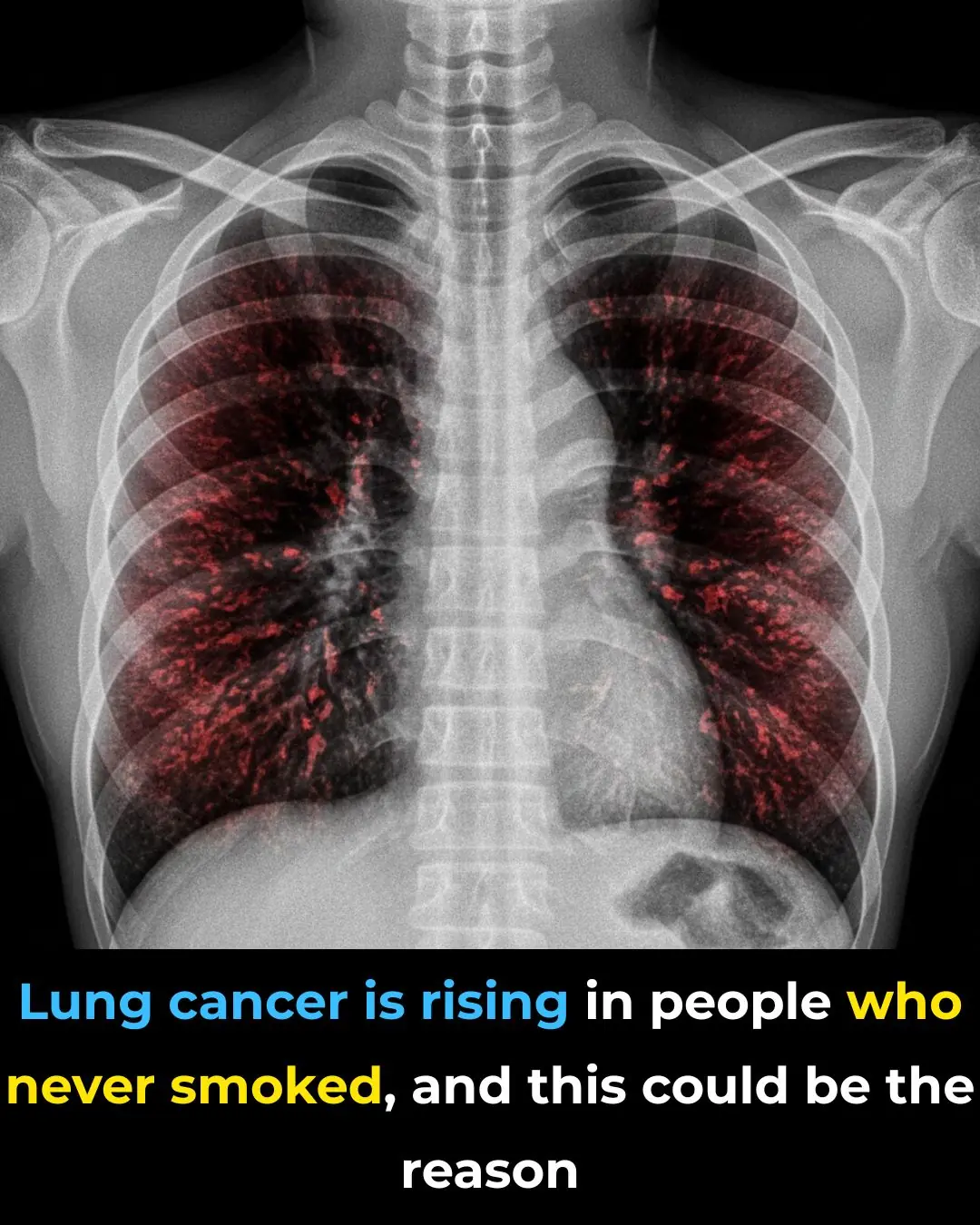
This Could Be Why Lung Cancer Is Rising in People Who Never Smoked

The Surprising Health Benefits of Boiled Eggs

🚨 Recurrent Yeast Infections? STOP Doing These Things Immediately!

Doctors Are Amazed: Two Vegetables That Boost Collagen in the Knees and Relieve Joint Pain
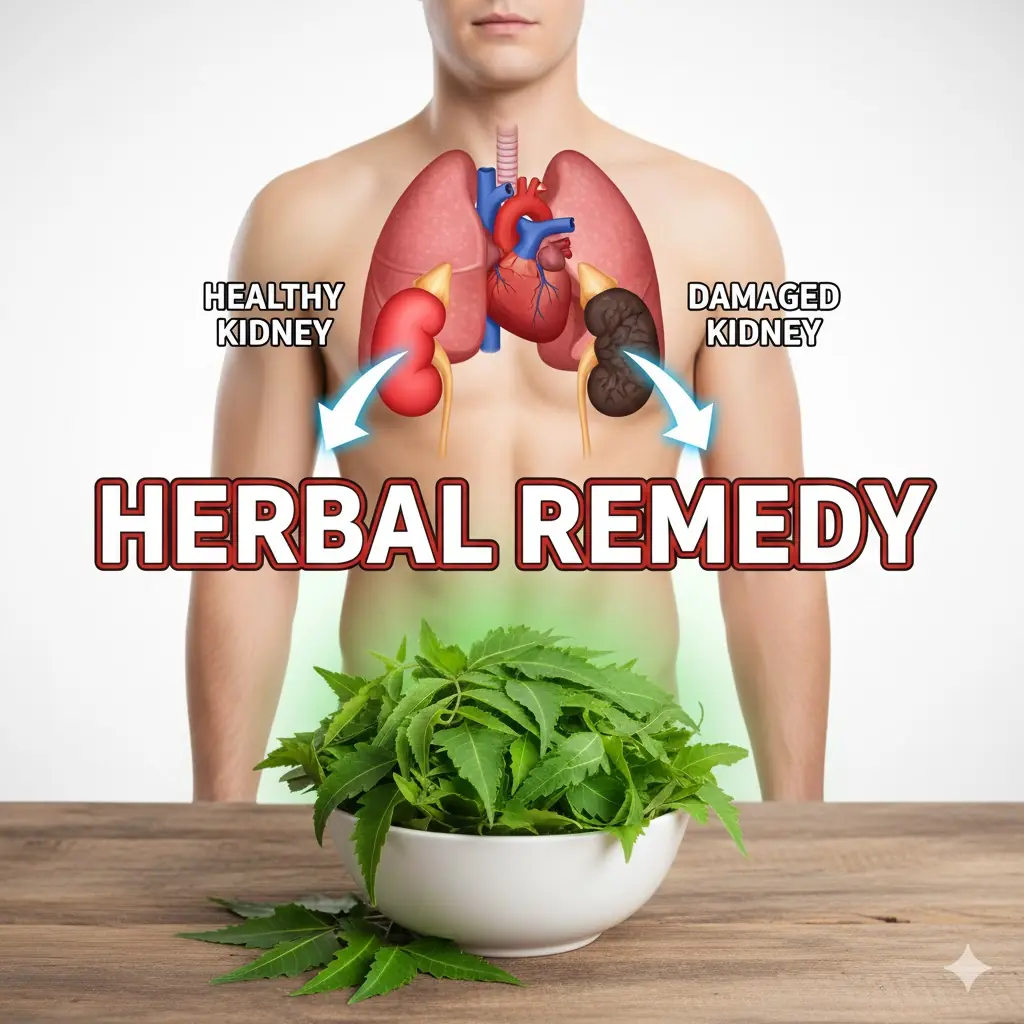
One Powerful Leaf That Supports Blood Sugar, Blood Pressure, Pain Relief, Cholesterol & Circulation

Discover the Natural Benefits of Air Plant Leaf for Daily Eye Care

Step-by-Step Guide to Making a Homemade Baking Soda Cream for Skin Care

The Forgotten Leaf That Might Support Your Defenses (No Magical Promises)

The Nighttime Bite That May Help Wake Up Your Circulation

Natural Energy Booster: Ginger and Tomato for Long Day Vitality

15 autoimmune warning signs your doctor keeps dismissing as stress or aging

Why You Keep Waking Up With a Dry Mouth

🦴 Hip Pain: What Does It Mean? Common Causes & When to Seek Help
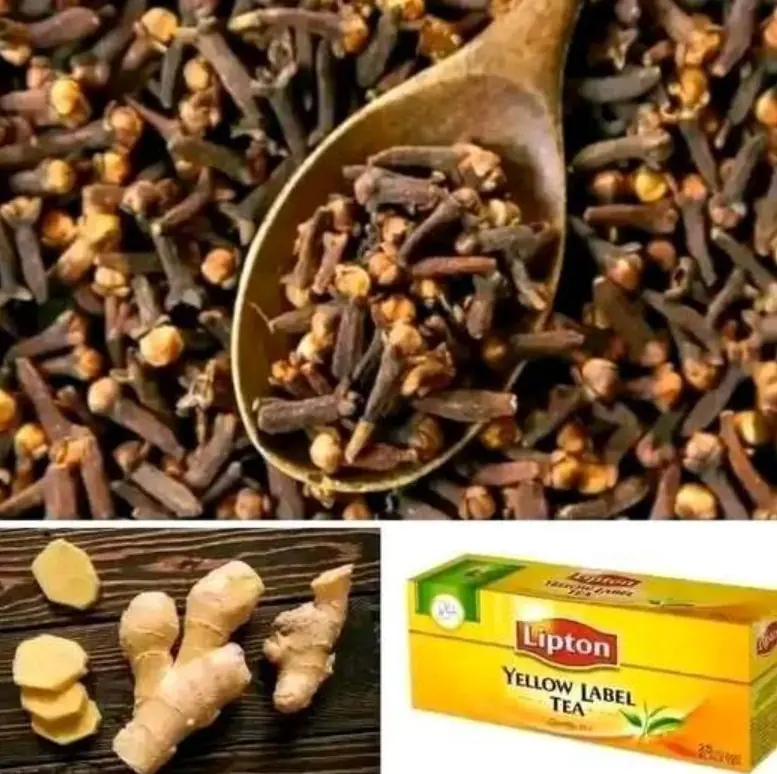
You see Lipton tea, cloves, and ginger?
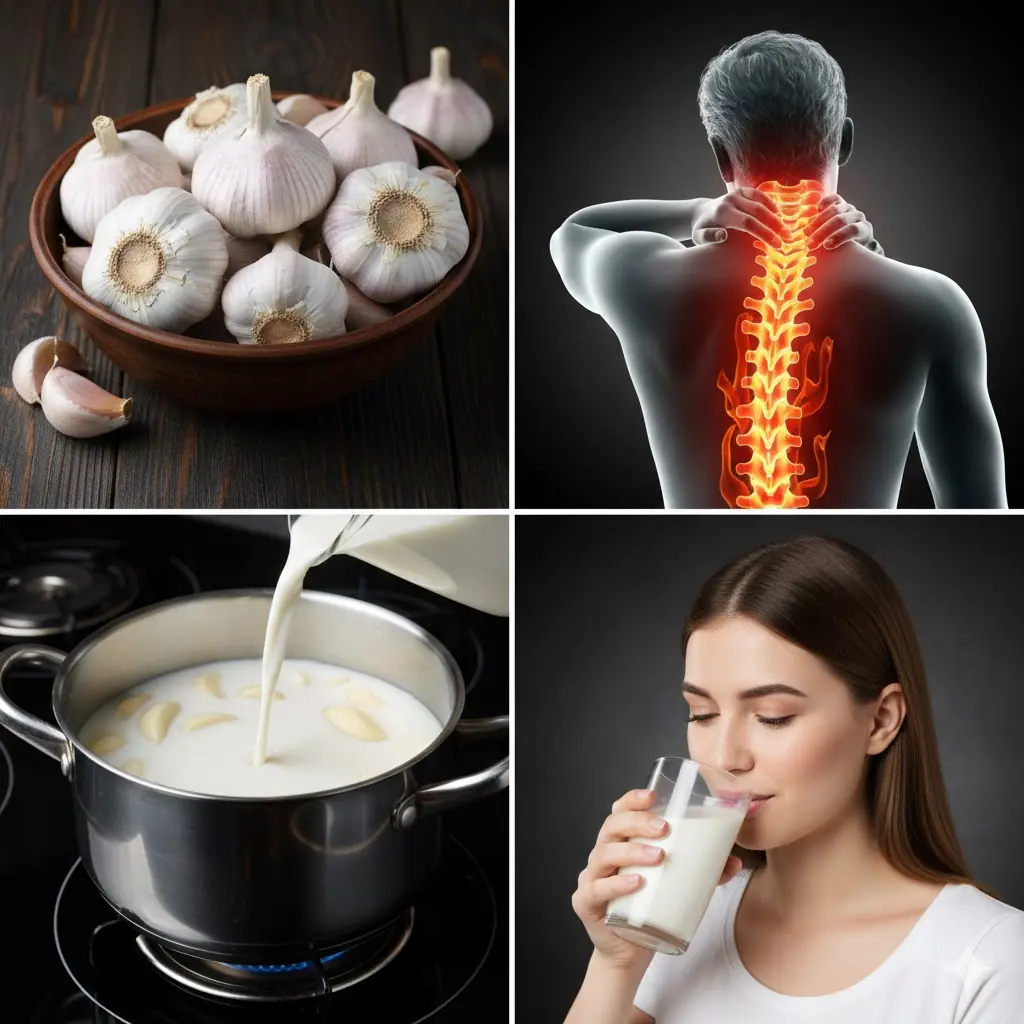
Boiling Garlic in Milk and Drinking It Once: Why So Many People Are Trying This Old Remedy

🌿 What Rosemary Can Actually Do

Early Symptoms of Ovarian Cancer

When your head itches:... Please know this

🥚 What Causes the Green Ring Around Hard-Boiled Eggs?
News Post

The Day an Old Man Learned Respect Has Conditions

Kid Hero Onboard

Security Judged Him in Seconds. A Life Was Almost Los

She Played the Victim. But …

4 Things Oncologists Do Regularly to Lower Their Cancer Risk
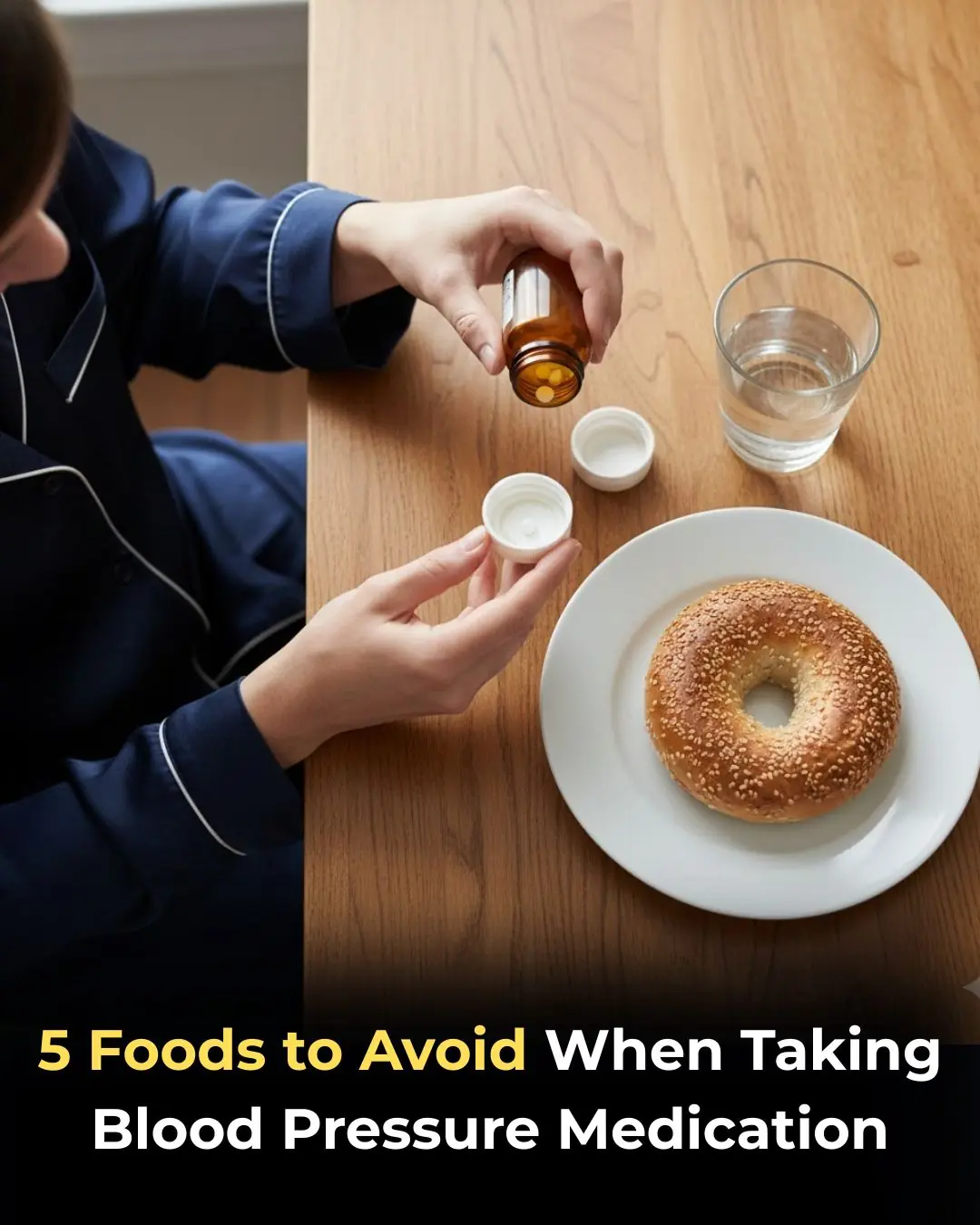
5 Foods to Avoid When Taking Blood Pressure Medication

Discover How to Make and Enjoy This Traditional African Herbal Combo for Women’s Wellness in 2025

Echinacea (Coneflower): 25 Benefits and How to Use It at Home

🌿 The “Hidden Herb” Ancient Healers Protected: Is Nutgrass the Ultimate Secret to Natural Health?

Juniper: 20 Remarkable Benefits and How to Use It

Warm Herbal Drinks and Circulation: Why Consistency Matters More Than Strength

The Hidden Power of the Honey Locust Tree (Gleditsia triacanthos): Health, Healing, and Everyday Uses

10 Ways to Kill a Toothache In a Minute

A Pregnant Woman Warned a Stranger to Run

This Could Be Why Lung Cancer Is Rising in People Who Never Smoked

The Surprising Health Benefits of Boiled Eggs

🚨 Recurrent Yeast Infections? STOP Doing These Things Immediately!

Doctors Are Amazed: Two Vegetables That Boost Collagen in the Knees and Relieve Joint Pain

One Powerful Leaf That Supports Blood Sugar, Blood Pressure, Pain Relief, Cholesterol & Circulation
